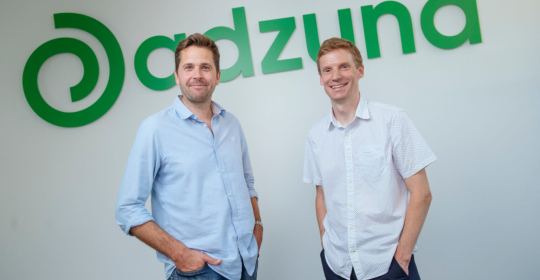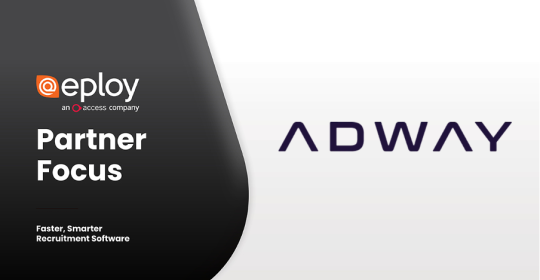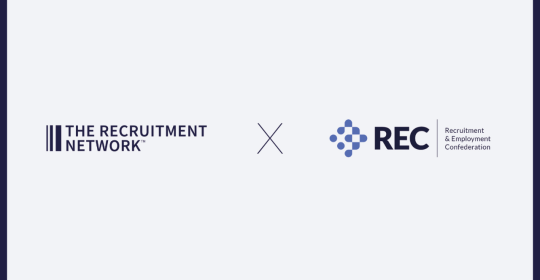MHR, the HR, payroll, and finance software provider, has partnered with Wagestream to launch Financial Wellbeing into its integrated HR, payroll and finance platforms. The joint venture will bring financial wellbeing to employees while improving retention, recruitment and productivity for its customers.
With heightened inflation and interest rates, frontline workers are bearing the brunt of tough economic circumstances. The latest State of Financial Wellbeing Index found 50% of households report having less than £300 in savings, while 73% of employees worry about money at least once a week. Poor financial wellbeing can lead to lower levels of productivity and absenteeism, with 67% of employees saying money concerns directly affect their ability to concentrate at work.
The new Financial Wellbeing apps are an extension of MHR’s People First and iTrent platforms. They build upon People First’s real-time payroll capability – which allows employees to see how much money they are earning as they are earn it – by enabling employees to access a suite of financial wellbeing benefits.
These include access to flexible pay, which a third (33%) of employees said would reduce financial stress, real-time visibility of shifts and earnings, the ability to put money to one side in a ‘rainy day’ pot and access to a financial coach and one-stop calculator to check for unclaimed benefits.
Research from MHR and Wagestream has shown that flexible pay, which enables employees to choose when they get paid, can boost employees’ financial resilience in all manner of ways. With the integration of a financial wellbeing offer, 78% could pay an unexpected bill, while 73% reported using fewer payday loans. Employees also demonstrated improved mental health, with 86% feeling less stressed.
Financial wellbeing support also has tangible benefits for employers through faster recruitment and improved employer perception, as companies actively stay with, and seek out, companies who demonstrate real commitment to implementing support during the cost-of-living crisis. Employers who implemented a financial wellbeing solution also saw a 32% overtime increase, and 75% of organisations saw weekly hours increase, as real-time visibility of earnings proves a great motivator for employees.
Anton Roe, CEO at MHR, said:
“Although, as a society, we have come on leaps and bounds when it comes to talking about mental health in the workplace, there is still a long way to go. Discussing financial wellbeing is a vital component of this conversation.
“Employees often have a much greater understanding of their individual financial circumstances than employers do, which is why we have introduced financial wellbeing into our platforms and giving employees more control, flexibility and visibility over their finances, ensuring both dignity and autonomy over their financial wellbeing.”







